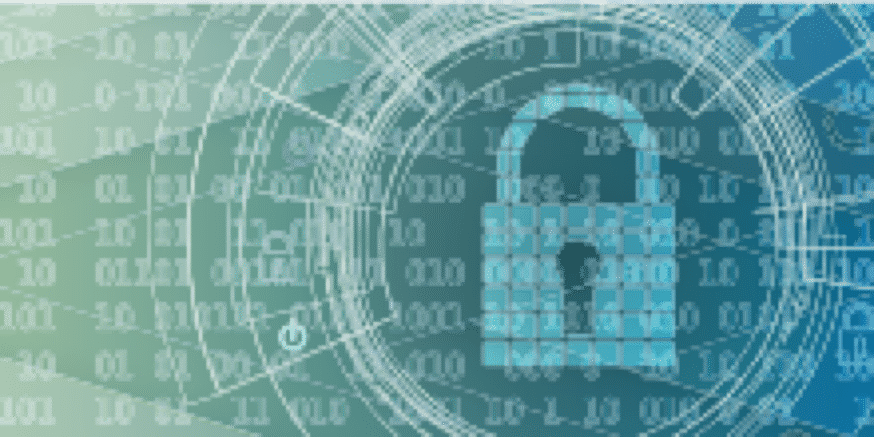TLDR
- GEC warns Ireland’s encryption law could open doors for cybercrime risks.
- Privacy group argues Irish bill could weaken security for citizens and businesses.
- Ireland’s role as a tech hub could be threatened by the proposed encryption law.
- GEC calls for Ireland to reject the EU Chat Control proposal over privacy concerns.
A privacy group is urging the Irish government to abandon plans for a new law that could allow law enforcement agencies to access encrypted messages. The proposed legislation, known as the Communications, Interception and Lawful Access Bill, is still in the early stages of development. Privacy advocates are concerned that such a move could weaken digital security, impact businesses, and undermine privacy rights. The Global Encryption Coalition (GEC) is leading the call to halt the draft law before it progresses.
Concerns Over Weakened Encryption
The Global Encryption Coalition (GEC), which works to defend encryption worldwide, has raised serious concerns over the potential impact of the Irish bill. Ryan Polk, an author at GEC, argues that the proposed law would undermine encryption security and open the door to cybercrime. In an open letter, Polk highlighted the risks to privacy, stating that any weakening of encryption would create vulnerabilities that could be exploited by bad actors.
“Any country that undermines encryption risks threatening the privacy and security of people far beyond its borders,” Polk said. He also stressed Ireland’s unique responsibility, given its role as the host country for major tech companies such as Apple and Meta. According to Polk, the draft law could deter businesses from operating in Ireland due to increased risks of cybercrime and compromised security.
Potential Economic Consequences for Ireland
Ireland’s position as a hub for international tech companies makes it a focal point in the debate over encryption laws. Many companies, including some of the largest in the world, have established their European operations in Ireland, attracted by its low corporate tax rates and access to both European and U.S. markets.
Polk warned that the proposed law could force these companies into a difficult position: either comply with weakened security standards or leave the Irish market altogether. This could, in turn, hurt Ireland’s economy, particularly in the tech sector.
“Platforms offering end-to-end encryption will face an impossible choice if the bill becomes law,” Polk said. He emphasized that the decision could lead to weaker digital security and privacy protections for Irish citizens and businesses.
The Debate Around Chat Control Legislation
Alongside the Irish bill, the Global Encryption Coalition has also voiced opposition to the European Union’s proposed Chat Control law. This bill would require messaging services to scan messages before they are encrypted and sent. The GEC argues that such measures would erode privacy and security for all European citizens.
The EU Chat Control bill has faced significant opposition, with Germany leading the charge against it. Some argue that scanning messages before encryption could lead to more vulnerabilities in digital systems. The GEC has called on the Irish government to reconsider its support for this proposal, as Ireland will assume the EU Council’s presidency in 2026, which could influence the future of the Chat Control law.
National Security Risks and Encryption
Polk also emphasized that weakening encryption would have serious consequences for national security. Encryption is a critical tool for protecting sensitive information, and any attempt to bypass or undermine it could lead to vulnerabilities that make systems more susceptible to cyberattacks.
He explained that undermining encryption would put both personal data and sensitive government information at risk. This could make Ireland a target for foreign cyberattacks and compromise its national security. “Encryption is a critical security feature; any deliberate weakening or circumvention of it creates systemic vulnerabilities,” Polk stated.






